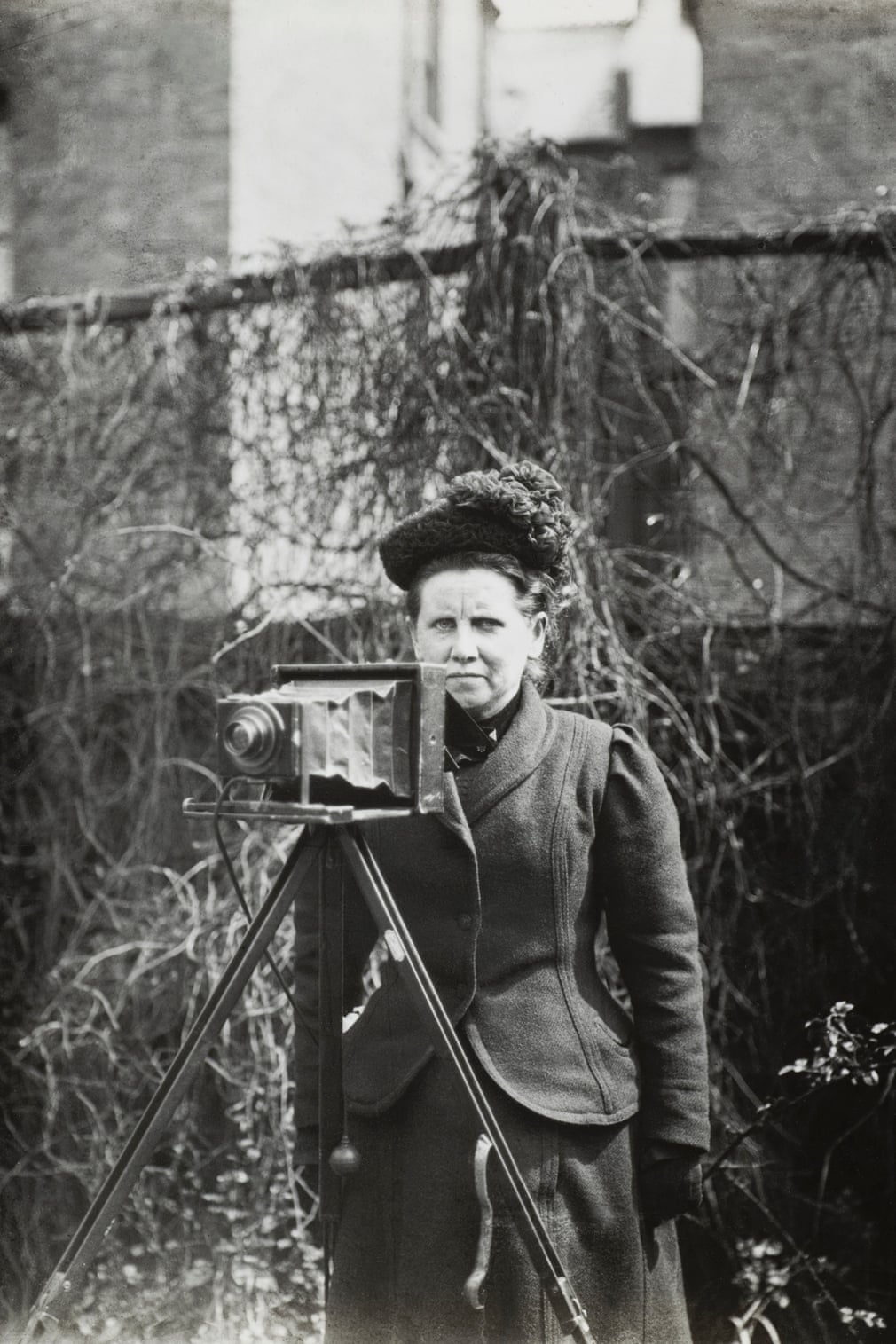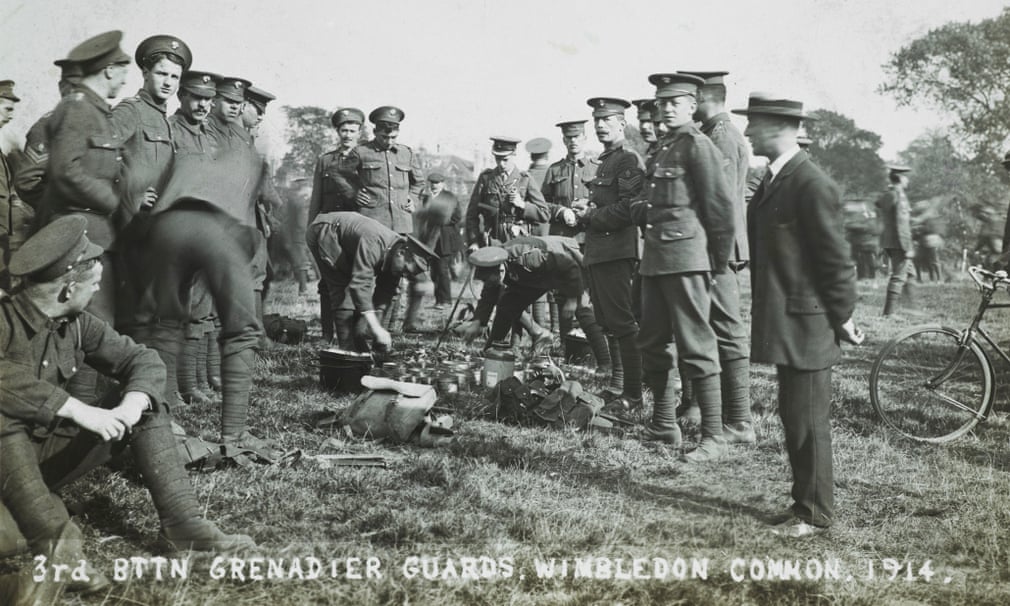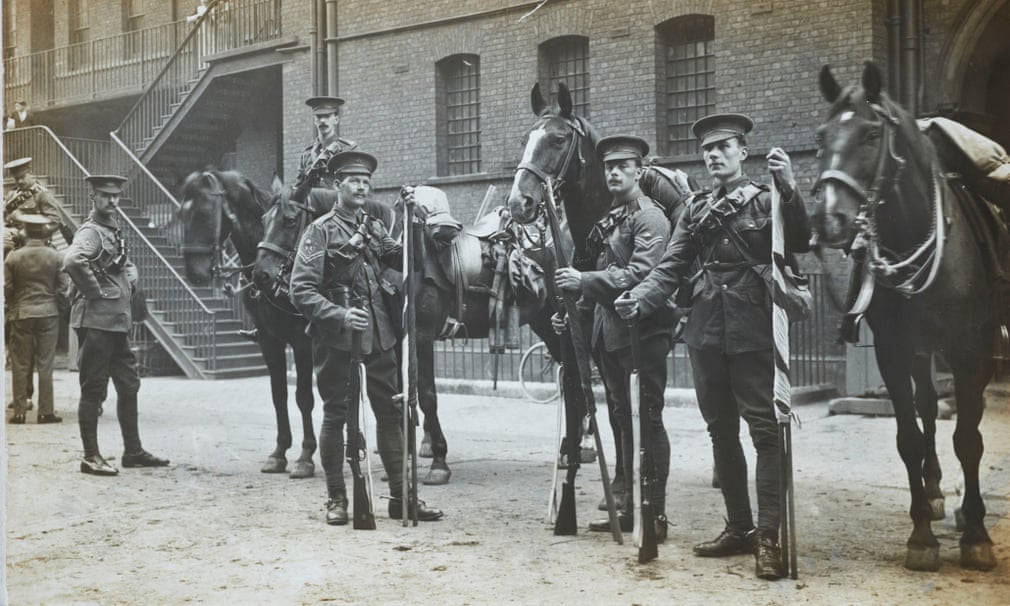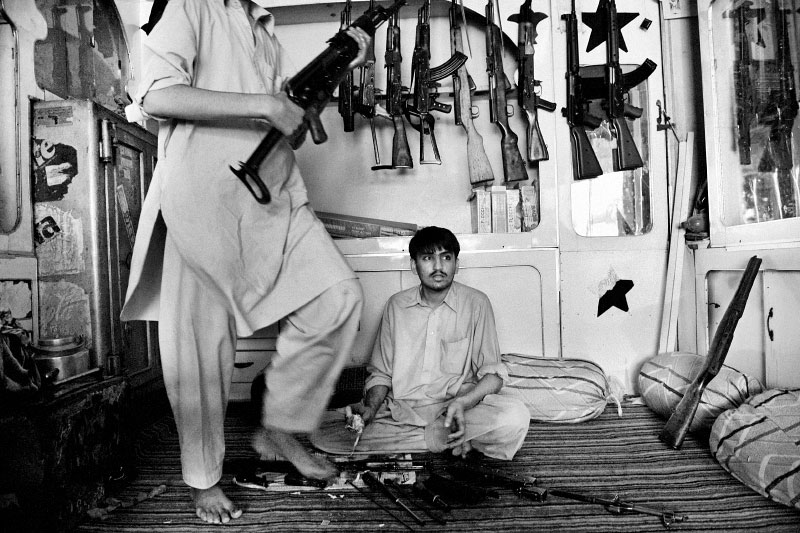Motivation is literally the desire to accomplish things. It is what allows us to continue to move forward, and what helps us in times of struggle. Without motivation, you simply could feel lost and not understand the meaning behind what you’re doing. When you are truly passionate about something it is your motivation, whatever you define it as, that allows you to move forward. As a nursing student, I have endured times of struggle and have wanted to give up. I had to step back and remember why I want to be a nurse, and remember what motivates me to continue. My motivations, such as my family, my past struggles, my future, God, discrimination and my passion, are what has helped me to continue to my dreams, and without it I wouldn’t be where I am today.
I am not alone.
Image source: http://easthamptonstar.com/Archive/2/Jocelyne-Benzakin-Passion-Photography
Photojournalist Jocelyne Benzakin also faced struggles and looked to what motivated her to continue to become successful in her career as a photographer. She describes photography as art, and explains that art is whatever gives you passion. Benzakin grew up in Morocco, and states, “In Morocco, there was a lot of anti-Semitism. I was the only Jew in my class at school”. Despite growing up as an outsider and facing discrimination due to being Jewish, she realized she wanted to follow her father’s footsteps, as she states,” Probably unconsciously I became interested in photography as a kid; I used to hang around my father's lab. I spent a lot of time in the darkroom, fascinated by the process." Then in 1959, her and her mother moved from Morocco to New York, where she faced more struggles that continued to motivate her. Ms. Benzakin's career began when she was 16. "My mother needed help, so I had to go to work”. Here she proves that her family was a motivation for her to begin her career at such a young age. How many 16 year olds today do you see starting to work to provide and help their family, instead of working to do things for themselves.
She had a sense of drive and passion and that is what motivated her. Your motivations I think can also change in regards to your current life situation. Money may not have been on her mind originally as a motivation, but when she realized she had no sense of money she knew she had to do something. She states, “After about two years, a woman who handled the foreign department got sick, so I took over. I didn't know what I was doing. And I had no sense of money. In Morocco, I wasn't raised with money. We didn't have allowances or anything; there's nothing to buy after school, maybe a few pieces of candy. I didn't have the money consciousness we have here or in Europe." As stated in the article about Feliz Masi, “Masi’s Photojournalism career is born out of a passion for photography and the need to present a clear picture of Africa to the world.” He himself as an immigrant faced challenges like Benzakin which was their motivation.
Image from Museum of London
Christina Broom, another photojournalist in the early 19th century, faced challenges in her life that provided her motivation to pursue her career. Lucy Davies, in her article, describes Broom as, “Travelling the Underground Railway in west London during the early years of the 20th century, you might well have clocked a short, rather fierce-faced woman carrying a camera and tripod, with a set of glass photographic plates strapped to her back”. At the age of 40 she began to teach herself how to use a camera in the hopes of starting a career. This was motivated by her husband becoming injured and now needing to be the breadwinner, which then was predominantly a male duty. Her being a women provided her with struggles but it did not stop her. Davies also states, “Even though, by the turn of the century, photography had passed muster as a “suitable” pastime for women, most of Broom’s female cohorts preferred to operate from the safety of a studio, and to focus only on friends and family. Broom lugged her camera through the city instead, jostling for space among the male photographers of the press, and perfecting a garrulous patter that rendered her equally at home in the barracks, the Royal Mews and with the city’s shopkeepers”.
Images By: Christina Broom
Photojournalist Jocelyne Benzakin also faced struggles and looked to what motivated her to continue to become successful in her career as a photographer. She describes photography as art, and explains that art is whatever gives you passion. Benzakin grew up in Morocco, and states, “In Morocco, there was a lot of anti-Semitism. I was the only Jew in my class at school”. Despite growing up as an outsider and facing discrimination due to being Jewish, she realized she wanted to follow her father’s footsteps, as she states,” Probably unconsciously I became interested in photography as a kid; I used to hang around my father's lab. I spent a lot of time in the darkroom, fascinated by the process." Then in 1959, her and her mother moved from Morocco to New York, where she faced more struggles that continued to motivate her. Ms. Benzakin's career began when she was 16. "My mother needed help, so I had to go to work”. Here she proves that her family was a motivation for her to begin her career at such a young age. How many 16 year olds today do you see starting to work to provide and help their family, instead of working to do things for themselves.
Image by Benzakin titled "Vali"
Image from Museum of London
Christina Broom, another photojournalist in the early 19th century, faced challenges in her life that provided her motivation to pursue her career. Lucy Davies, in her article, describes Broom as, “Travelling the Underground Railway in west London during the early years of the 20th century, you might well have clocked a short, rather fierce-faced woman carrying a camera and tripod, with a set of glass photographic plates strapped to her back”. At the age of 40 she began to teach herself how to use a camera in the hopes of starting a career. This was motivated by her husband becoming injured and now needing to be the breadwinner, which then was predominantly a male duty. Her being a women provided her with struggles but it did not stop her. Davies also states, “Even though, by the turn of the century, photography had passed muster as a “suitable” pastime for women, most of Broom’s female cohorts preferred to operate from the safety of a studio, and to focus only on friends and family. Broom lugged her camera through the city instead, jostling for space among the male photographers of the press, and perfecting a garrulous patter that rendered her equally at home in the barracks, the Royal Mews and with the city’s shopkeepers”.
It was the motivation of survival and her family that allowed her to provide for her family, and her being a women and still taking her work to the streets was a real motivation, despite discrimination.
Image source: http://www.bjp-online.com/2015/04/lynsey-addario-war-reporter-played-by-jennifer-lawrence/
Lynsey Addario, a war zone photojournalist, has taken her career out on the battle field in Afghanistan, Iraq, and Fallujah. Starting her career young, and being a female in the war zone has been challenges for her but are what motivated her to continue her passion in covering these events. She states, “I was so driven to become a photographer that I never let my age get in the way. I was underestimated, which was a great thing because when someone doesn't take you seriously then you can only impress”. Her being underestimated and almost challenged is what motivated her. She also faced financial problems, that motivated her to pursue her career. She stated, “The biggest hindrance was never having a dime in the bank”. Her passion for photojournalism and wanting to educate the world of these tragedies overseas seems to also be a motivator for her to risk her life everytime she is working. She mentions, “I don't just go to war zones or conflict for the sake of it, there has to be a story that I think is worth telling and there are a lot of stories I want to tell”.
Images by: Lynsey Addario
We all have different motivations, different reasons for why we do what we do. Just as Ruth Prieto Arenas states, “As a photojournalist, my motivations are numerous. Seeing my name published next to one of my images never gets old! Giving voice to the underdog motivates me. The chance to meet new people motivates me. Making money by selling my images motivates me. Not working in an office motivates me”. Meeting people I want to meet motivates me. All three of these women seem to have been motivated by family, which for me is a big motivation for my dreams. We all shared a passion in what we did that allowed us to keep moving no matter the struggles. Some look at money as a motivation, as unfortunately it is what makes the world go around. But, I don’t look at it as a motivation for myself. When you pursue something with the idea of getting money it hinders your ability to give it your all. You just do what you can knowing it will get done and the check will come in. That is not passion or motivation, that is just survival. None of these women mentioned having any spiritual motivation, which I believe is huge part of my life to keep me going.
Image source: http://www.bjp-online.com/2015/04/lynsey-addario-war-reporter-played-by-jennifer-lawrence/
Lynsey Addario, a war zone photojournalist, has taken her career out on the battle field in Afghanistan, Iraq, and Fallujah. Starting her career young, and being a female in the war zone has been challenges for her but are what motivated her to continue her passion in covering these events. She states, “I was so driven to become a photographer that I never let my age get in the way. I was underestimated, which was a great thing because when someone doesn't take you seriously then you can only impress”. Her being underestimated and almost challenged is what motivated her. She also faced financial problems, that motivated her to pursue her career. She stated, “The biggest hindrance was never having a dime in the bank”. Her passion for photojournalism and wanting to educate the world of these tragedies overseas seems to also be a motivator for her to risk her life everytime she is working. She mentions, “I don't just go to war zones or conflict for the sake of it, there has to be a story that I think is worth telling and there are a lot of stories I want to tell”.
Images by: Lynsey Addario
We all have different motivations, different reasons for why we do what we do. Just as Ruth Prieto Arenas states, “As a photojournalist, my motivations are numerous. Seeing my name published next to one of my images never gets old! Giving voice to the underdog motivates me. The chance to meet new people motivates me. Making money by selling my images motivates me. Not working in an office motivates me”. Meeting people I want to meet motivates me. All three of these women seem to have been motivated by family, which for me is a big motivation for my dreams. We all shared a passion in what we did that allowed us to keep moving no matter the struggles. Some look at money as a motivation, as unfortunately it is what makes the world go around. But, I don’t look at it as a motivation for myself. When you pursue something with the idea of getting money it hinders your ability to give it your all. You just do what you can knowing it will get done and the check will come in. That is not passion or motivation, that is just survival. None of these women mentioned having any spiritual motivation, which I believe is huge part of my life to keep me going.








No comments:
Post a Comment